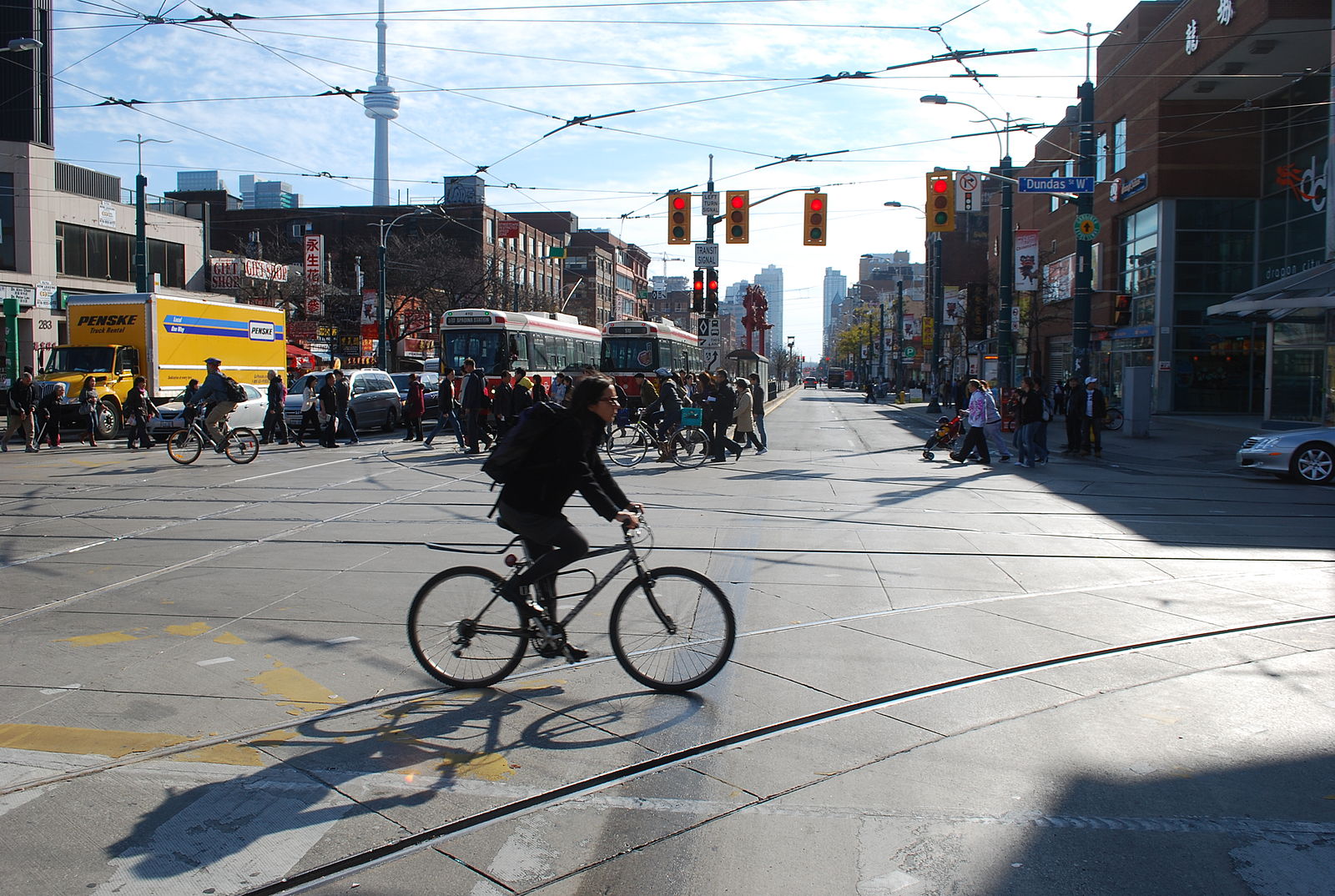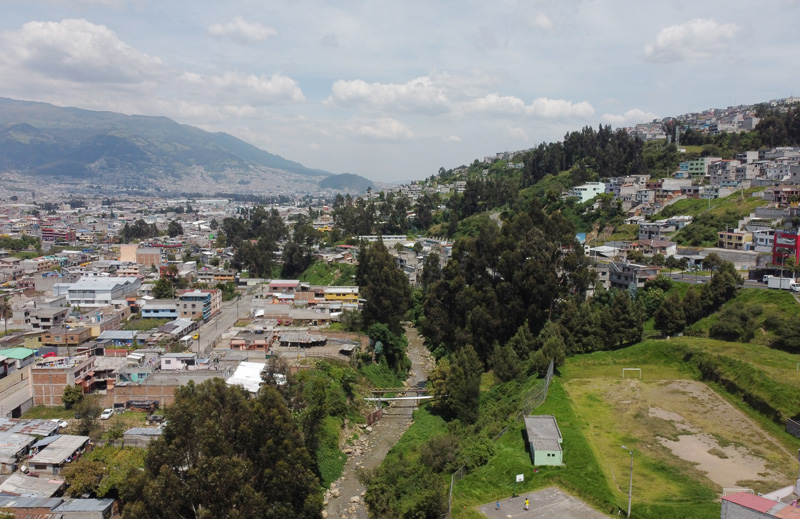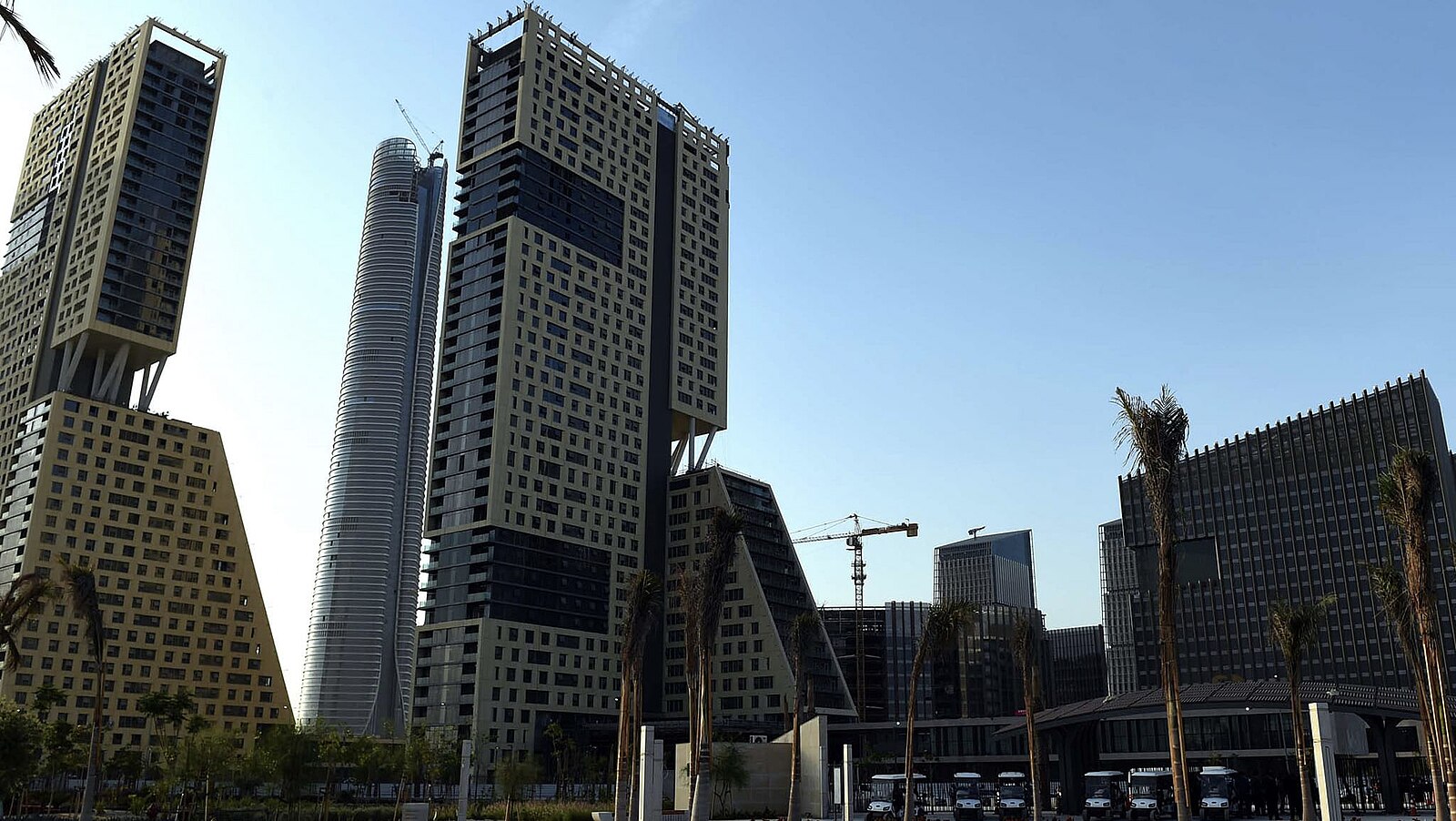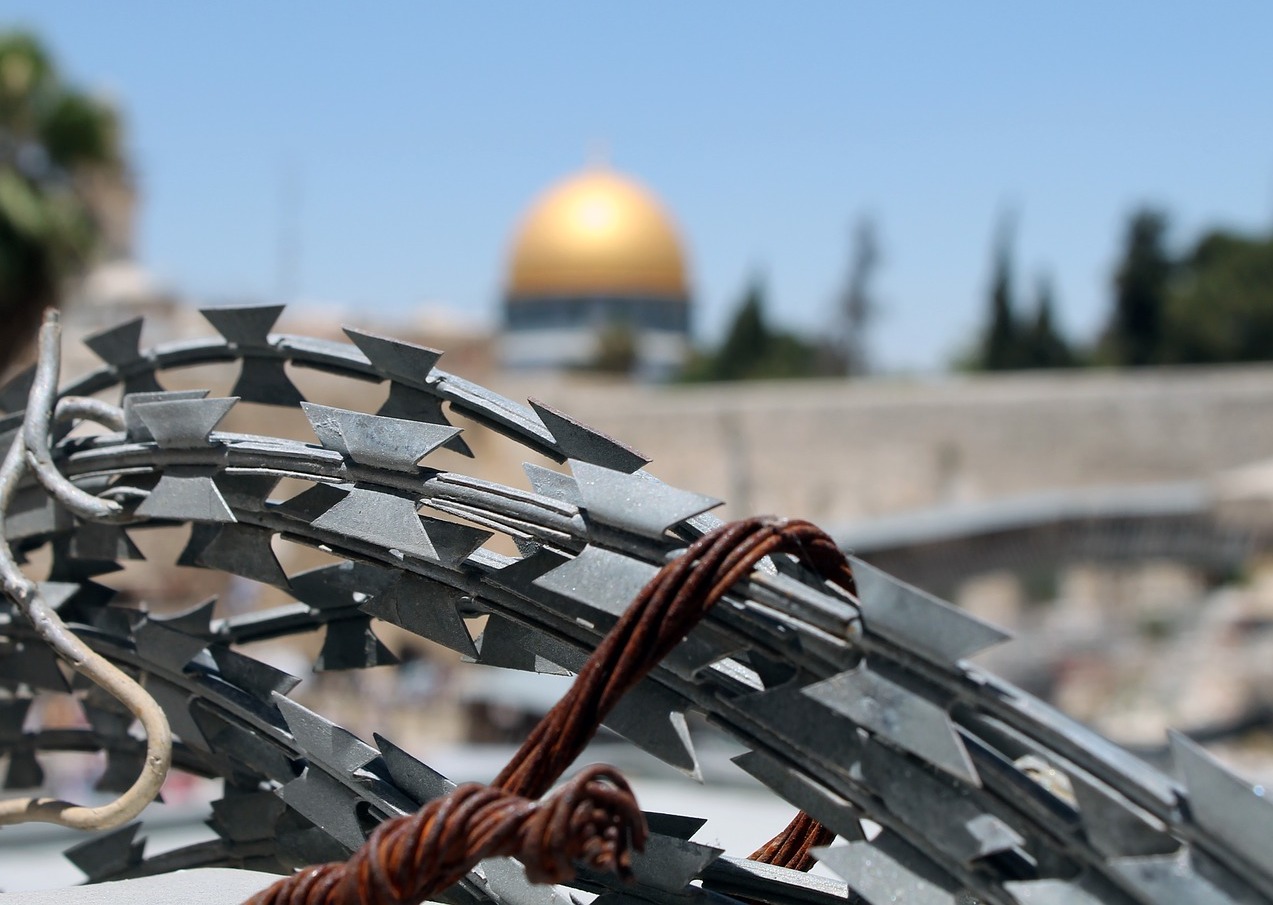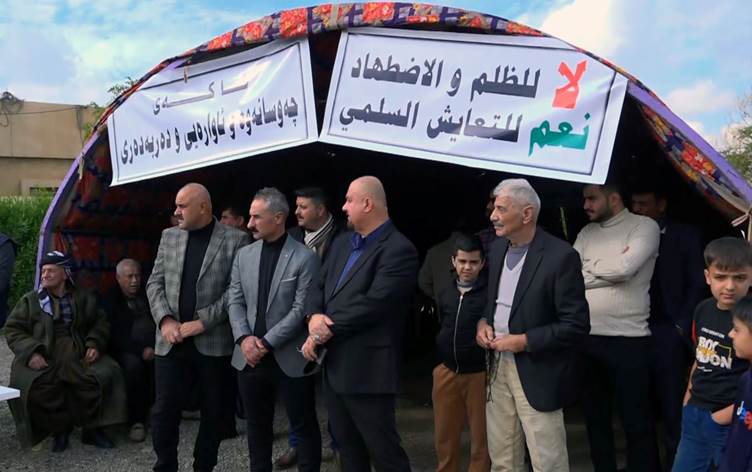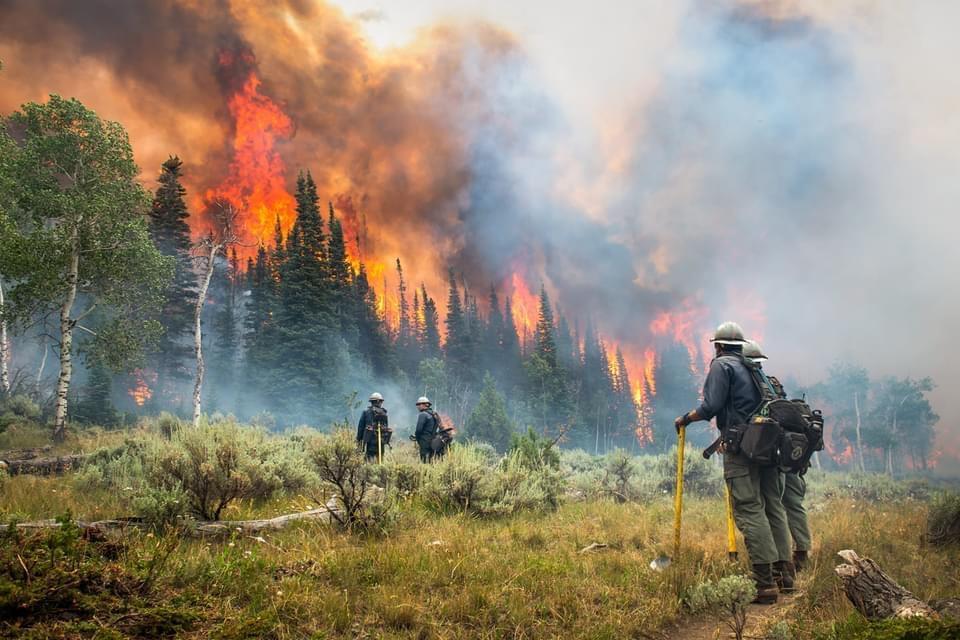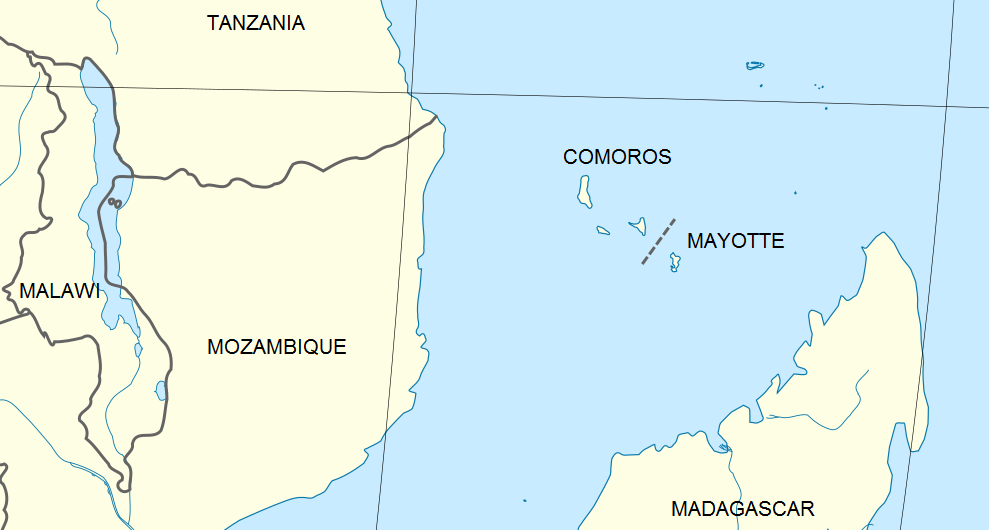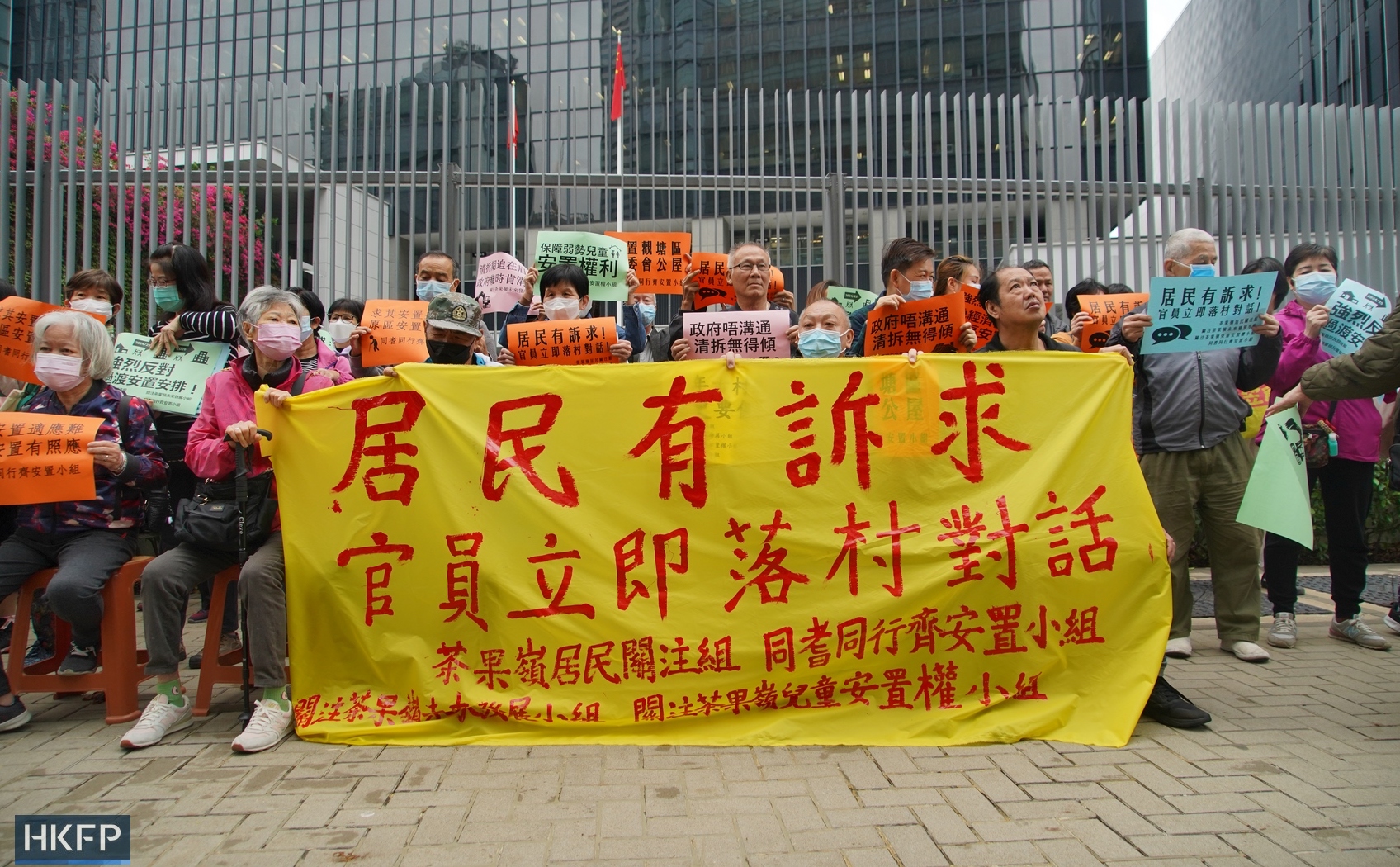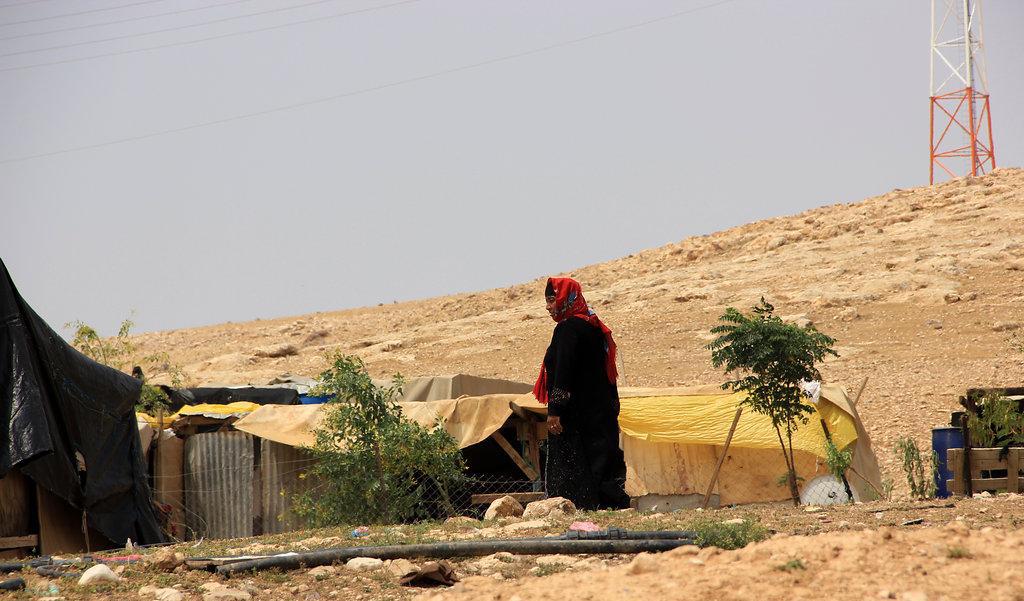East Asia
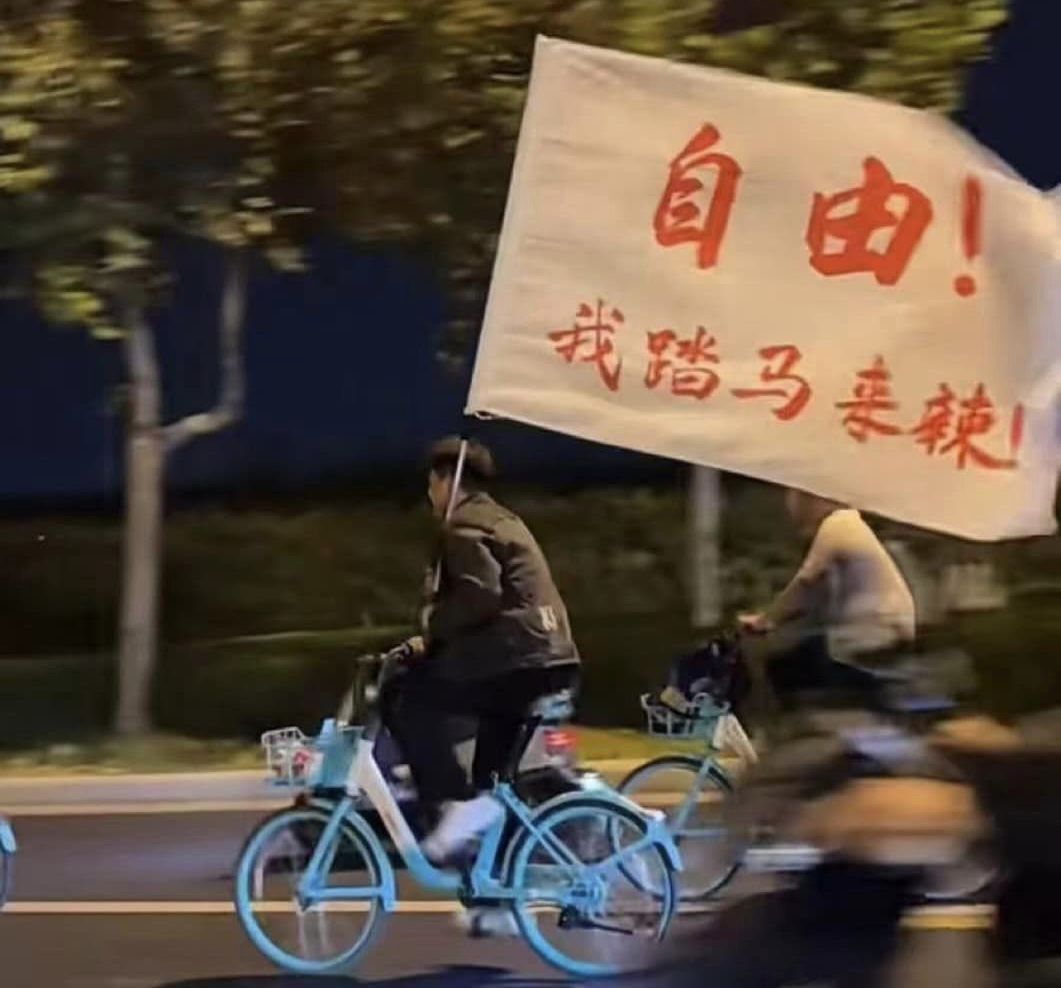
A spontaneous Friday-night phenomenon of mass youth bicycle rides from Zhengzhou, the capital of central China’s Henan province, to the nearby historical city of Kaifeng seemingly got out of control, prompting a crackdown from authorities. The ostensible goal of the 50-kilometer “Night Riding Army” (akin to Critical Mass in the West) was midnight partaking of Kaifeng’s famous soup dumplings. The rides were initially celebrated by the authorities, with one write-up in the official People’s Daily cheering on the “youthful adventures.” But when an unprecedented 100,000 joined the ride (by some accounts, double that), provincial police responded by closing the road between the two cities to non-motorized vehicles, and bike-share apps were set to remotely lock any bike taken out of designated zones in Zhengzhou. And it seems that a dissident political element had crept into the event. While some cyclists carried Chinese flags, sang the national anthem, and shouted slogans in support of the Communist Party, others raised hand-made banners with subversive messages in coded homonyms such as “Freedom, I am fucking coming!” (Photo via Instagram)
